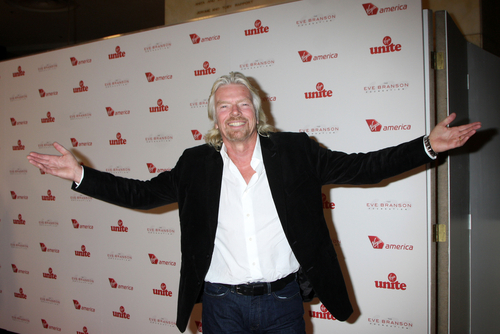Tweakers
Malcolm Gladwell wrote a brilliant piece in The New Yorker this week diving into the new biography on Steve Jobs by Walter Isaacson. Gladwell highlights the role of Jobs as a tweaker of an idea, then a transformation of that idea into something better, for example:
- Existing music players sucked so Jobs introduced the iPod
- Smart phones sucked so he introduced the iPhone
- He borrowed the main features of the Macintosh from the engineers at Xerox PARC after his visit in 1979.
- After being harassed by a family friend who was a Microsoft engineer, claiming that the Microsoft tablet PC software would transform the world, he was inspired to produce the iPad.
Gladwell also highlights the impact of tweakers on the Industrial Revolution based on the work of economists Meisenzahl & Mokyr. It could be claimed that England’s unusually dominant influence was caused by a preponderance of tweakers. Samuel Crompton invented the spinning mule but that was tweaked by no less than 5 more geniuses. As Gladwell writes -” Henry Stones, of Horwich, who added metal rollers to the mule; and James Hargreaves, of Tottington, who figured out how to smooth the acceleration and deceleration of the spinning wheel; and William Kelly, of Glasgow, who worked out how to add water power to the draw stroke; and John Kennedy, of Manchester, who adapted the wheel to turn out fine counts; and, finally, Richard Roberts, also of Manchester, a master of precision machine tooling—and the tweaker’s tweaker. He created the “automatic” spinning mule: an exacting, high-speed, reliable rethinking of Crompton’s original creation”
Copying
Lucy Kellaway at the FT wrote an amusing piece this week on the same subject. ” Copying is what office life is all about. It is the reason the virtual office, so much trumpeted, will never really take off. If people work at home , there is no one to copy.” Her thesis makes these points:
- there is plenty of guidance on innovation, 2732 books on Amazon but no one is helping us get better at copying
- there is nothing to be ashamed of in copying.
- copying allows me to dive into a rich menu of ideas to tweak.
- to write a column I take an existing idea and tweak it.
- there is clearly an unacceptable dodgy end of copying but that should not put us off from tweaking like Apple and Microsoft.
More Examples
I would argue that the following examples demonstrate that the smart copying of an idea followed by a personal twist can be very successful:
- IBM’s version of Sperry-Rand’s computer
- Richard Branson’s version of the First Class air travel
- Michael Dell’s version of selling PCs
- Ikea’s version of Budget furniture.
- James Dyson’s version of the Hoover.
- And of course Steve Job’s version of everything
Tweaking – A Road Map For Success
From my own experience I would highlight several examples which inspired me to take an original idea and translate into a more appropriate version:
- Sales processes from Sandler and Prime Process from Jeff Thull – inspired me to execute a sales process in several companies that used the best of both.
- Pixar’s University idea inspired me to translate it into a version fit for small private companies that transformed internal training and staff engagement.
- Several large acquirers I worked with inspired me to design a more robust Acquisitions Model filling in missing steps I felt were needed.
- 37 Signals approach to product launching inspired me to design and deliver a DSMO system, involving Development, Sales, Marketing, Operations to ensure all departments are launching products in alignment.
- My friend Paul Maguire who was advising companies on sales and strategy while I was still running technology companies invented the phrase – Define and dominate your unique market – which I combined with Seth Godin thinking and came up with – Your business is either remarkable or invisible. Your choice. His is actually better but I get to use the phrase remarkable!
So think about your business in terms of growth and look to others for inspiration. What idea is lurking out there that you could redefine, reinvent to play to your specific strengths.
Many more ideas worth tweaking are featured in my new book – Fulfilling the Potential of Your Business in paperback and Kindle.








